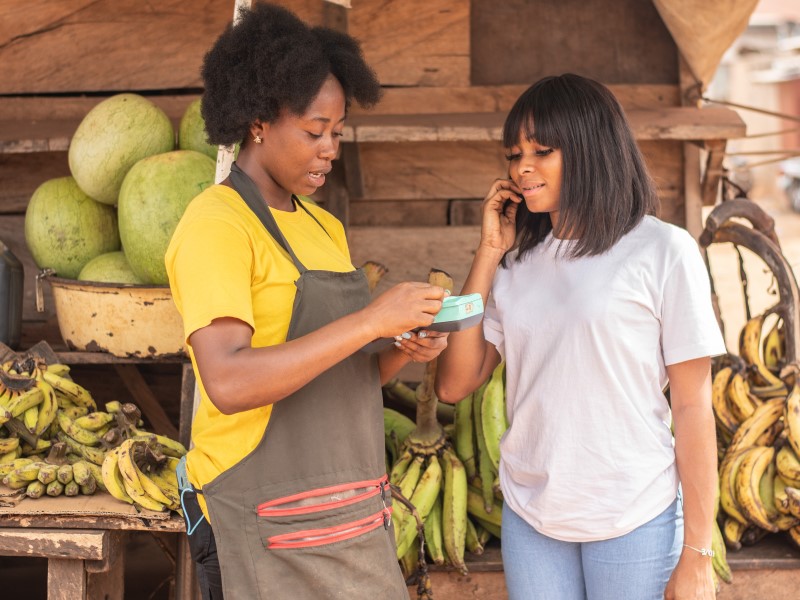By Annita Tipilda
The African Continental Free Trade Area (AfCFTA) is aimed at promoting inclusive growth and sustainable development through increased intra continental trade, and in particular on agriculture. The current estimated increases in value of trade are estimated to be approximately USD 50 Billion to 70 billion USD. However, these estimations are based on best bets on elimination of tariffs and reduction of trade costs, in addition to investments in infrastructure among other efforts. The AfCTA is also expected to increase benefits to small holder farmers, farm workers and households.
The inextricable link between achieving the AfCTA goals and the issue of land cannot be underestimated, as the pre-dominant contributing sector will be agriculture, in which women play a significant role, with estimates of between 70 -80% of smallholder productivity linked to them.
Besides the major contribution they play in informal cross border trade and as guardians of indigenous knowledge and germplasm (seed systems), the path to nutrition and education outcomes ( intra and inter-generational impacts for children and youth) cannot be possible without the role of women.
The opportunities presented by the AfCTA vis a vis women have been highly debated in several sessions of the 21-24 November Conference on Land Policy in Africa in Addis Ababa. Both in terms of constraints, as well as the opportunities for accelerating the implementation of the AfCFTA. Among these debates is the very definition of impacts and successes. The differing goals between pure economic growth and surpluses vs. the quality of life and developmental outcomes have been raised as major points to be considered in all dialogues, guiding principles as well as in re-framing the very definition of speed around the implementation of AfCFTA itself, and the how the outcomes and impacts are counted.
The reason for this is that women, in their unique roles across the continent, as well as their limitations in capacity (including financial and the ability to organise and negotiate - hence inclusion) - generally do not consider total income or total volumes of productivity as priorities. And therefore, the value proposition of the AfCFTA has to recognize other measures of impact and success that are inclusive of the priorities and needs of women. In other words, a strong social development lens is required. Women in Africa focus on longer lasting impacts which have intra and inter-generational impacts such as nutrition, poverty reduction, health, and investments in education.
In the words of several women panelists, it is not a question of accelerating the AfCFTA implementation, it is a question of understanding that it is about the developmental outcomes and the quality of the impacts.
